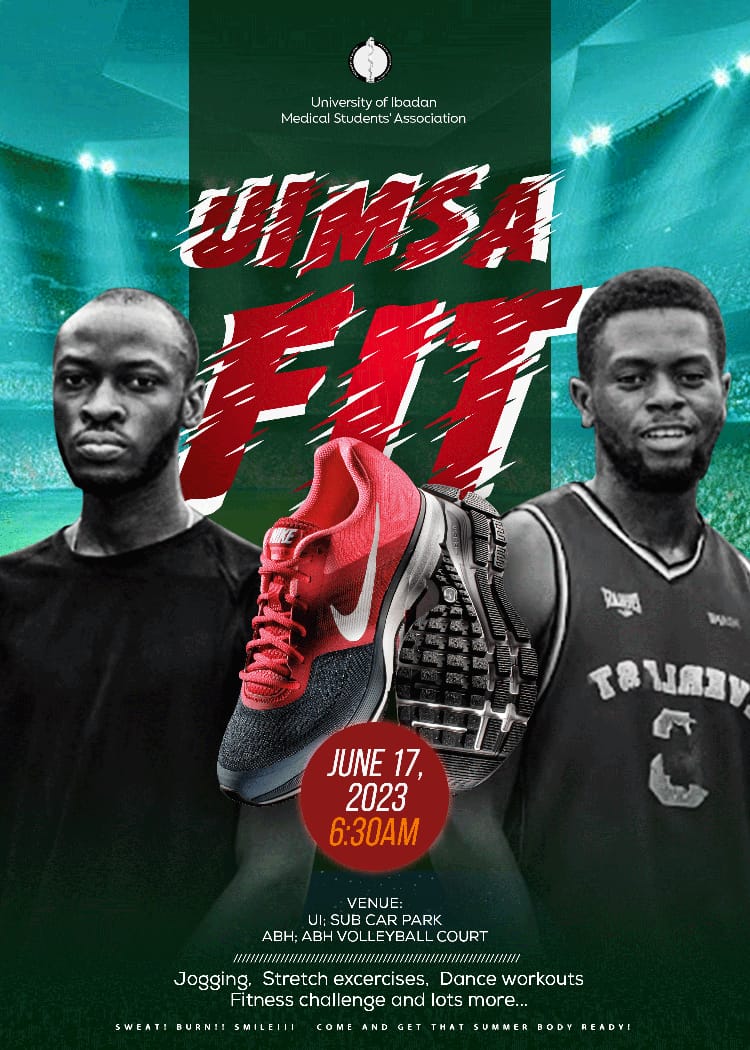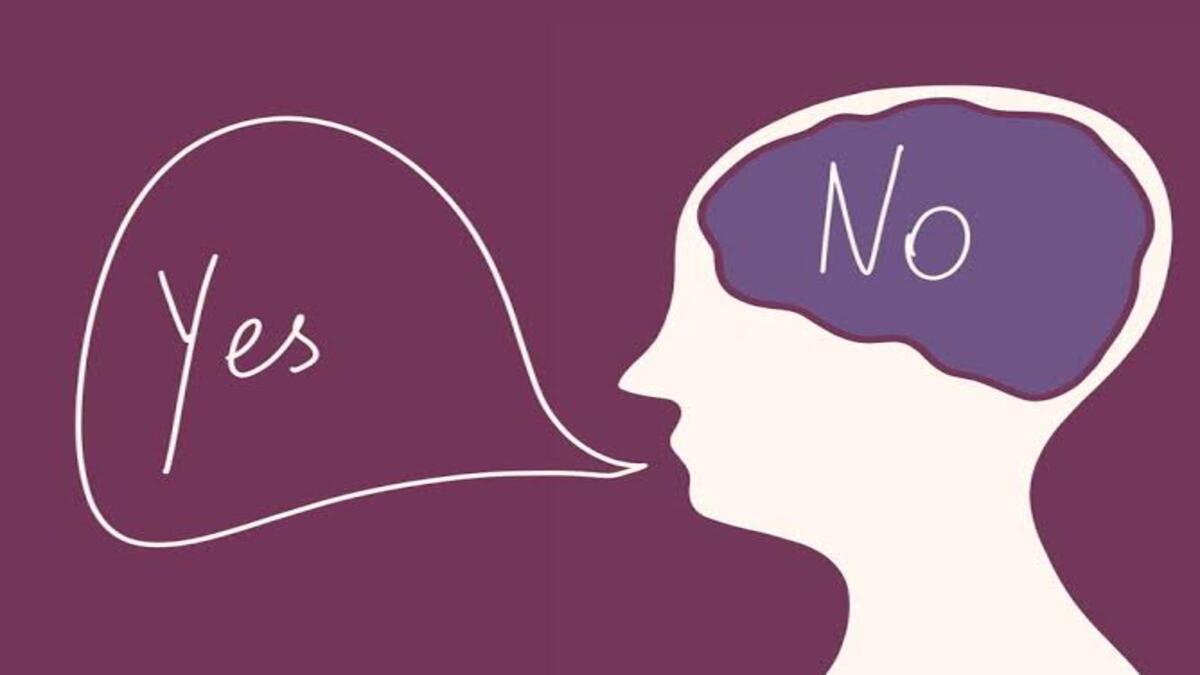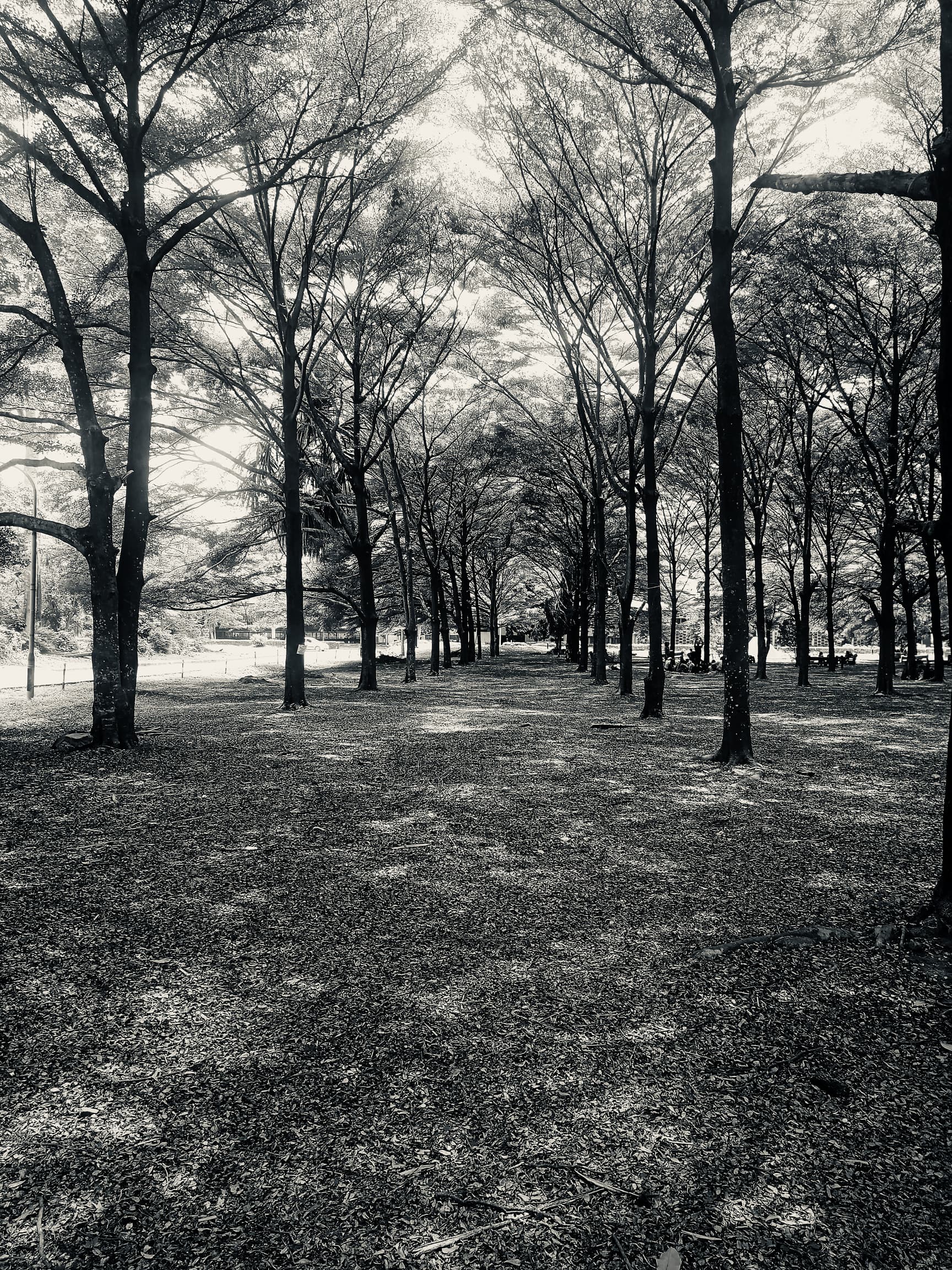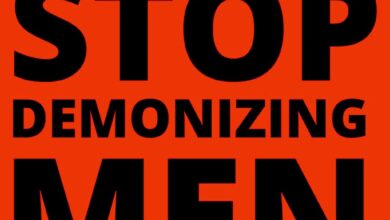Chronicles of The Second Longest Academic Strike in Nigeria – Yet. Vol. 5
A CHRISTMAS SPECIAL INTERVIEW SESSION

The strike action was authorized by the Academic Staff Union of Universities (ASUU). It was, to them, a means to have their voices heard by the government. But as the strike rolled over into months than was planned and with the “no work, no pay” rule enacted by the government, they too became victims, financially. This sensitive discourse is still on the front burner of public debate because most of the agreements that eventually saw to the end of the strike are yet to be implemented.
In this volume, we speak with another category of victims of the nonchalant attitude of the Federal Government towards education. We also try to capture a glimpse of their reality.

Good morning, Sir. May we know you?
I am a senior professor at the University of Ibadan.
Some students, especially freshers, just had their first dose of an academic strike. That is quite different from lecturers. How has it been since your first?
I also faced academic strikes as a student. Looking back, I attended Obafemi Awolowo University, known for its notorious student actions. It made us stay longer in school than many of our peers in other universities. So, that was an experience, and it is definitely not a new thing. My first strike as a lecturer didn’t necessarily disturb me because I was a PhD student and a lecturer, so if there were an academic strike, I would move on with my research as a student. Strike, in reality, has not affected me as a lecturer apart from the fact that it denied me the opportunity to attend classes for a short period.
The strike that has affected me most is the last one, and that is because of the length and the fact that my kids (four of them) are currently in universities, and they all had to be at home for such a long period. So, this action seemed to have had the most impact on me, but I will say it is worth the sacrifice.
What was your attitude toward the rumour about an impending strike? Did you support the association or just wanted to proceed with your work? Considering how much work would be abandoned during any strike action.
There is no rational human in Nigeria that will not support the cause of the strike, I mean the cause, not the strike itself. And no rational government will behave the way the Federal Government did during the industrial action. If you ask me as a person, I will say I don’t believe in going on strikes but that will be applicable if you have a rational government that responds rationally, I hope you can see the difference. I have been in saner climes and developed countries where strikes of any form don’t last more than two hours. Why? Because the government responds almost immediately, and it is called off. The “no work, no pay” condition also happens in saner climes. Still, the union pays the association members for that period because the government is not as irresponsible as we have it.
Has it always been like that, or is this administration the worst?
This government has been somehow. I am not sure the current president knows the reality of things on the ground. From my little experience during his last administration, I don’t expect this kind of attitude from him. I conclude that he does not know the reality of things in the university system.
Academic strikes happen when the federal government fails in its obligation to meet the demands of the association. In essence, a significant part of the strike is due to failure in salary payments.
How were you able to cope with this?
The primary issue was not salary payment. Salary payment became an issue then because of the “no work, no pay condition.” The minister of education made it an issue when he announced that he had discussed it with the union, and they have agreed on every condition except the salary terms. The welfare of the association was part of the initial agreement. It became an issue when the Federal Government became hell-bent on “no work, no pay.”
How were you able to manage with your family during this period?
It was a challenging period; I mean extremely tough. I was lucky at the time because I collected a considerable sum of money from a cooperative as a loan to be used for something else. I’m a professor at bar, which means no more salary increments until my retirement, and my retirement only comes in sixteen years. I earn #416,000 monthly, and I have four children in the university. I have been in the system for so long that I know how much an average university student needs as an allowance per month. No child will be in school and live with an allowance of less than #25,000 – #30,000, sometimes insufficient. Take four of that from my monthly salary, and after that, consider my obligation to God (my tithe), and my nuclear and extended family members; what is left of the money?
So this is the reason many lecturers go into cooperative societies and collect some money from time to time for projects and sustenance. So I was lucky that I just got one when the strike started, although it finished.
Was this strike also used to work on that “professor at bar” condition because, in my opinion, that salary is not enough to cater for an average family?
It was part of the initial agreement. I need to say, and everybody needs to know, many of us who started lecturing in our days didn’t do so because of salary. We decided to lecture because of our genuine interest. Many of us would have migrated to better places if it were to be a motive for monetary gains. That is the reason many of us are still here. There have been opportunities to leave the country with our families, but we chose to stay because of our passion and love for the country, but so many things have been degrading and jeopardizing our loyalty. Of course, you expect that everybody would be paid something that is just enough to cater for them and their respective families.
We stayed back to impact lives and conduct research in our field, which we are not effectively doing here. The Father Folly laboratory was built for about 120 students, and the number of practicals done per week is always known. For a 15-week semester, you are expected to do about 12 practicals, but that is not the case today. It is a blessing that Nigerian students are very rugged and intelligent, which is why we are still making waves worldwide. The idea is to provide adequate facilities for teaching. The classes, labs, and hostels are nothing to write home about.
Visitation panels were established to visit schools and see the lapses that should be fixed. It took a lot to get them to set up a panel; the panel came, inspected, and drafted a report. It still took a lot to get them to release the report, and we began to wonder what the problem was. There are a lot of hidden things that people don’t know about. People accuse lecturers of being corrupt, so we brought the visitation panel to check the corruption, and they still could not release a report. The federal government thinks they are governing people who don’t have a head of their own to think. They call people thieves, yet they’re reluctant to fish them out; doesn’t that make them an accomplice to thieves?
Did the passion to lecture hinder you from developing businesses you can fall back on during times like these?
It is very hard to see a “real” lecturer venture into business. The old tradition is that you come to the department, face your work, go home, stay overnight in the labs, and go home to rest, all in a cycle. It is difficult, but you can’t blame people that do business when their salary is not enough to address their basic needs. It is very burdensome for someone like me to take part-time teaching jobs at other universities. I only did something like that when I left LAUTECH in 1995. I left at a time when they didn’t have any physical chemistry lecturer, so I still had to show up a few times, which I couldn’t keep up for too long.
What do you suggest as the permanent solution to the failed academic system in the country?
I know the National Assembly had a workshop meeting, but I see that as a jamboree. I call it that because we need sincerity of purpose before we can discuss such a critical issue. It should not be an eye-service motive. We need to get stakeholders to sit down and rub minds together. There must be stakeholder meetings in the country on how education will run in the country without depriving the less privileged, the poor, and people of diverse ethnic groups. The major problem in this country is that our leaders see education as an investment – of which the returns should be rapid – a monetary one at that.
Is the privatization of universities an excellent solution?
I don’t believe privatization is the best solution. Secondary schools are a very good example. Private secondary schools are now more developed than public secondary schools because the government began to pay less attention to public schools when they got privatized, and I think that’s what they are trying to do with universities. But the question is, how many people can afford the fees of a private university?
When the strike started, I considered taking my youngest child(who is in his first year) to a private institution. I was told that the fees were #1.2 million. That is my salary times three without taking a dime from it. If a professor at the bar cannot afford it, what is the percentage of Nigerian families that can afford to?
A likely possible solution is the introduction of student loans, where jobs are guaranteed after completing a degree. It will help students pay their academic debts from their job income. And, of course, some bills addressed that in the country, but this is Nigeria, where many things are wrong.
Thank you very much sir for allowing us to speak to you.
It is my pleasure.
It is so easy to lay claims on how federal university lecturers and ASUU, as a body, are being unnecessarily stubborn to call off the strike action, but in retrospect, they are ensuring that no one gets cheated of their rights, to learn and to earn. In our next volume, we will be addressing the effects on the quality of education, in general.
Peter Adeyemo and Afeezah Wojuade





Good merch up guys, this gives an insight to the other side of the parties involved in the long hiatus
As students it wasn’t fair on our side but neither was it on the side of the lectures and gleaning from he said, the cause of the strike is reasonable tho not the strike itself.
You speak to an average Nigerian today regarding the strike and they put the blame on the lectures but isn’t that a one sided view of it?
Yes students suffered but didn’t the lecturers too?
They have families too, things to take care of now as an epiphany we know who to blame and not just to blame but as the Prof said, the cause was reasonable and would have been kept evinced by similar act in other countries , but our government is everything but plausible.
Can’t wait for the next series as well catch up with the ones I missed.
Good merch up guys, this gives an insight to the other side of the parties involved in the long hiatus
As students it wasn’t fair on our side but neither was it on the side of the lectures and gleaning from he said, the cause of the strike is reasonable tho not the strike itself.
You speak to an average Nigerian today regarding the strike and they put the blame on the lecturers but isn’t that a one sided view of it?
Yes students suffered but didn’t the lecturers too?
They have families too, things to take care of and now as an epiphany we know who to blame and not just to blame but as the Prof said, the cause was reasonable and would have been kept short evinced by similar act in other countries , but our government is everything but plausible.
Can’t wait for the next series as well as catch up with the ones I missed.